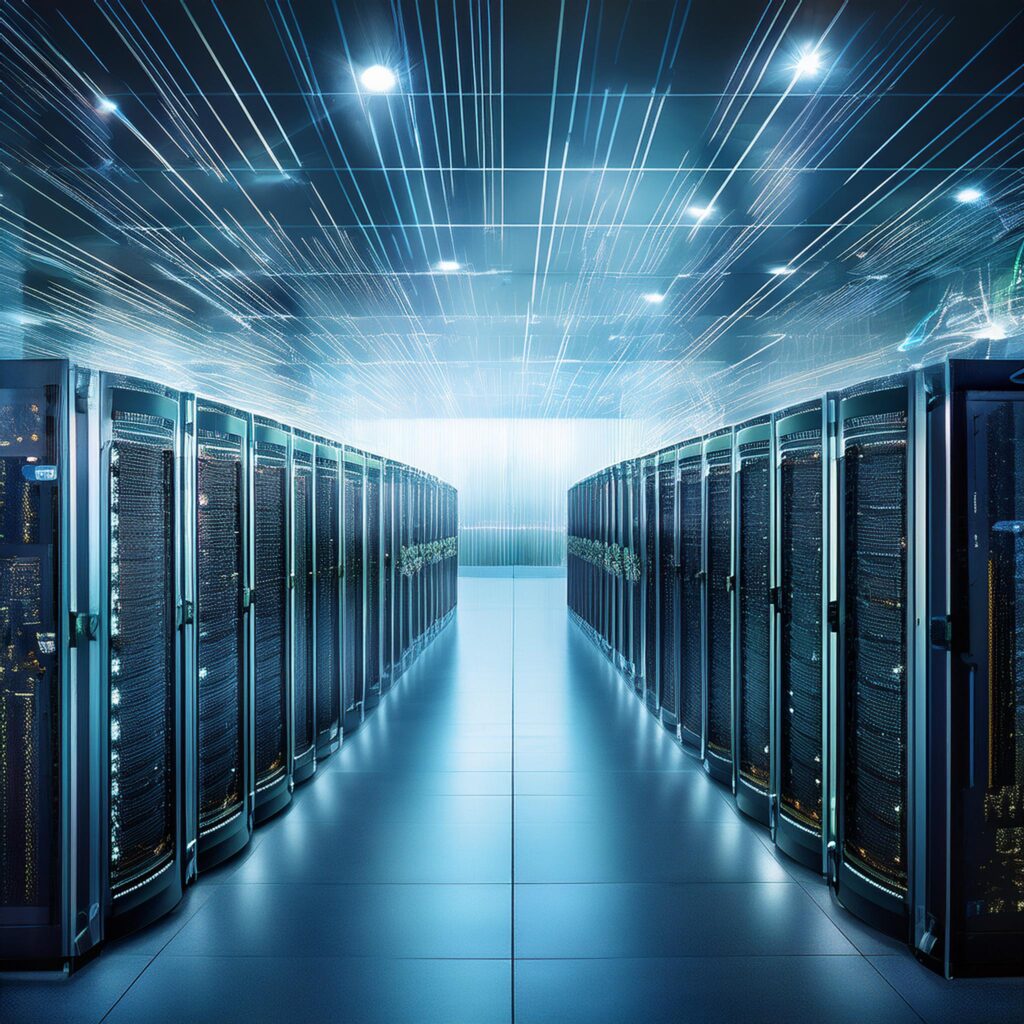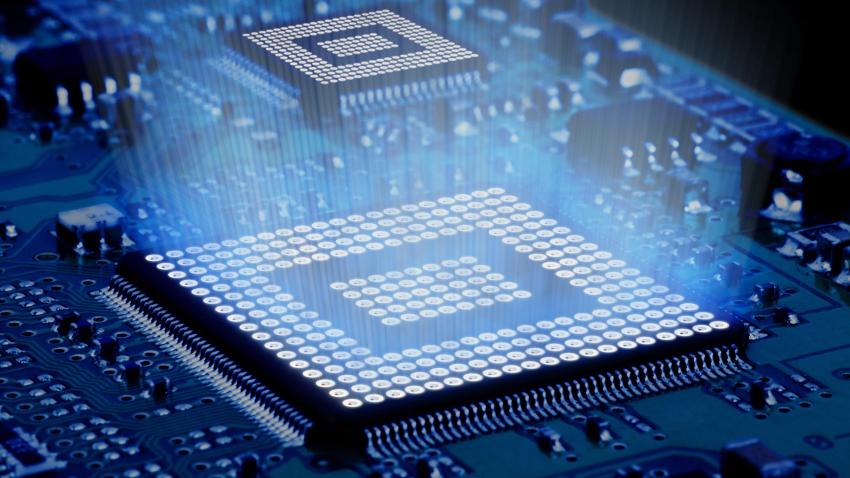Intel and Amazon Web Services (AWS) have partnered on a new deal that will bring Intel’s advanced chips to Amazon’s cloud computing infrastructure. This collaboration is set to strengthen Amazon’s cloud services, making them more efficient and capable of handling the growing demand for high-performance computing.
What’s Happening & Why This Matters
The Details of the Deal
Intel’s new agreement with AWS involves supplying its latest generation of chips to power Amazon’s expanding cloud infrastructure. The partnership will see Intel’s Xeon processors integrated into AWS’s data centers, providing enhanced computing power for various services, from storage solutions to artificial intelligence (AI) applications. Intel’s cutting-edge technology aims to boost AWS’s capacity to manage large-scale data processing tasks while reducing energy consumption.

Intel CEO Pat Gelsinger has expressed optimism about the deal, stating, “We are excited to deepen our collaboration with AWS. By integrating our latest chip technology, AWS can continue delivering reliable and efficient cloud services to its global customers.” AWS executives echoed this sentiment, highlighting the potential for Intel’s chips to provide a competitive edge in a crowded market.
Implications and Impact
Amazon, already a leader in the cloud computing space, relies heavily on innovative hardware to maintain its market position. By integrating Intel’s Xeon processors, AWS can offer better performance for customers running complex workloads, including machine learning models, big data analytics, and enterprise applications. The chips are designed to enhance performance while consuming less power, aligning with Amazon’s goals of increasing efficiency and reducing carbon emissions.
The deal reflects both companies’ strategies to leverage each other’s strengths. For Intel, it provides an opportunity to regain market share in the data center sector, where competitors like AMD and Nvidia have recently gained ground. For Amazon, it ensures that its cloud infrastructure remains at the forefront of technological advancements.

This partnership is set to impact the cloud computing market in multiple ways:
- Enhanced Performance: With Intel’s latest chips, AWS is expected to deliver faster and more efficient services, benefiting customers who require high-performance computing for data-intensive tasks.
- Cost Efficiency: Intel’s technology is designed to optimize power consumption, which could lower operational costs for AWS. This may enable Amazon to offer more competitive pricing for its cloud services.
- Competitive Edge: As more businesses migrate to the cloud, AWS’s adoption of Intel’s chips could help maintain its position as a top cloud provider, especially against rivals like Microsoft Azure and Google Cloud.
TF Summary: What’s Next
The Intel-Amazon strategic deal is wise partnering for both competitive cloud computing and chip manufacturing markets. By combining Intel’s advanced chip technology with AWS’s extensive cloud infrastructure, the companies can deliver enhanced performance and efficiency to customers. TF projects the partnership pushing cloud computing processing and innovations. Amazon will invest heavily in cutting-edge technologies maintain its place atop the cloud industry. Simultaneously, TF believes Intel will leverage the partnership as a springboard to reclaim its position in the data center market. Intel and Amazon are create potential energy for dynamic collaborations over the coming decade.


